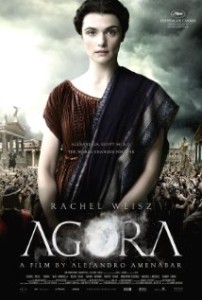
Note: This is the first of a four part series
I must admit that I approach this subject with trepidation. I’m concerned that some of my readers may be those for whom the keys to the numerical kingdoms have been denied, those who have bumped against that iron door and convinced themselves that beyond lies a sterile uninteresting yet unfathomable realm, filled with errors and yielding nothing of significance. I feel like I should sing a song and do a dance, maybe bring out a colorful Muppet cast for a chorus routine brought to you by the number nine, all to convince you that numbers have something relevant to say, something even you can understand.
Women have long been shut out of mathematical worlds. I can identify nine of these worlds, which should be intersecting but which are in some cases hermetically sealed. These nine worlds are those of arithmetical computation (including accounting and finance), applied mathematics (engineering, statistics, economics, physics), number theory, statistics, music, puzzles or riddles, philosophy, geometry, and symbolism. I do not say that there are only nine worlds; I like the number nine because it is the number for human gestation.
What makes nine the number for human gestation? That comes from a basic division of time based on the moon cycle, which at one time ruled the menstrual cycle. The first mathematicians were women, inventing numerical systems for calculating their menstrual cycles and the course of their pregnancies. Mathematics is, literally, in the blood.

